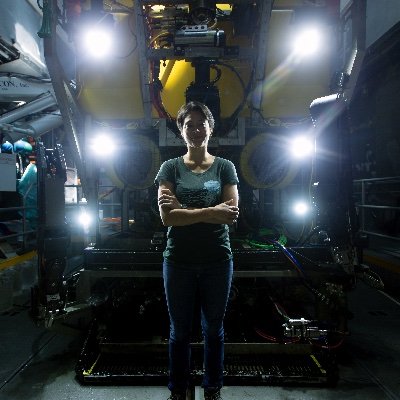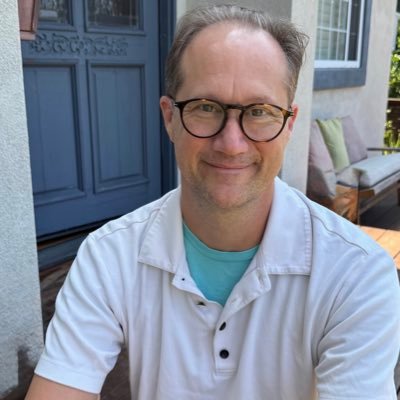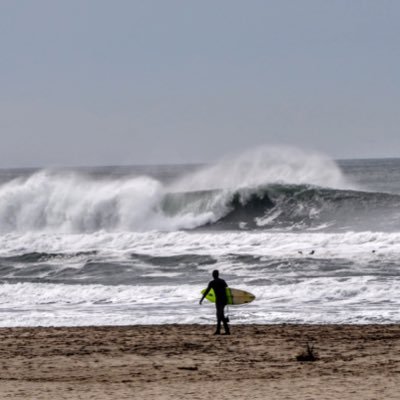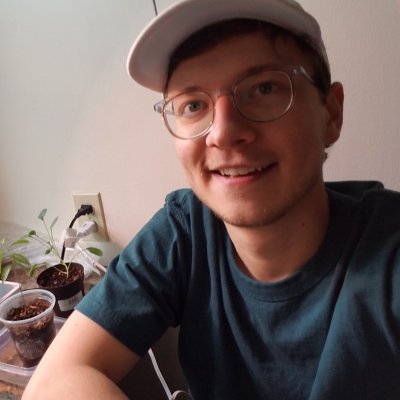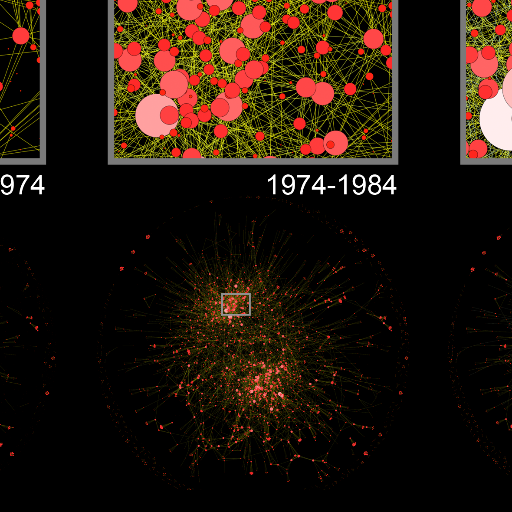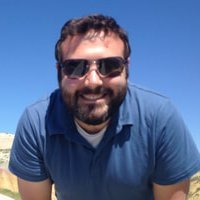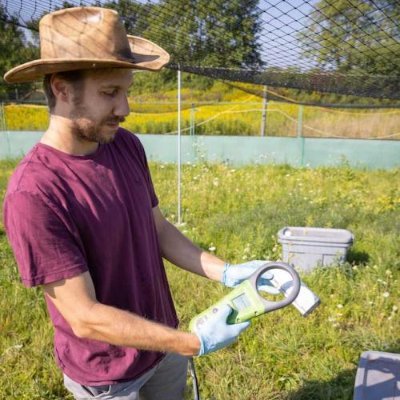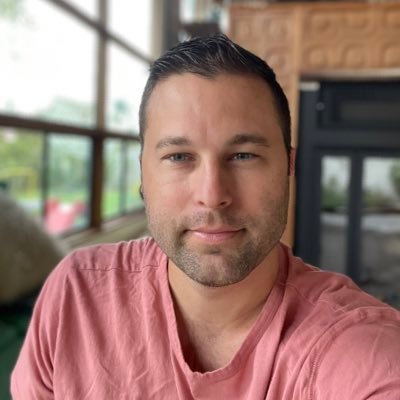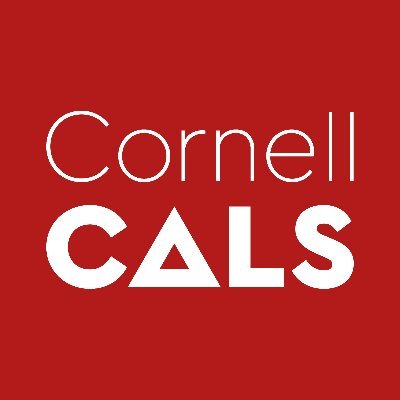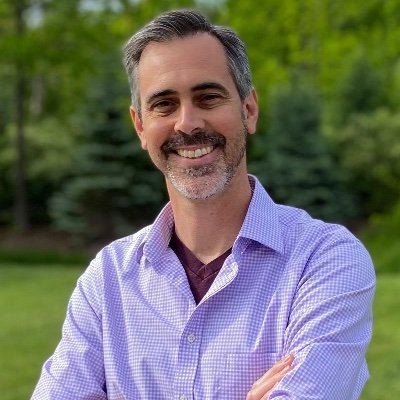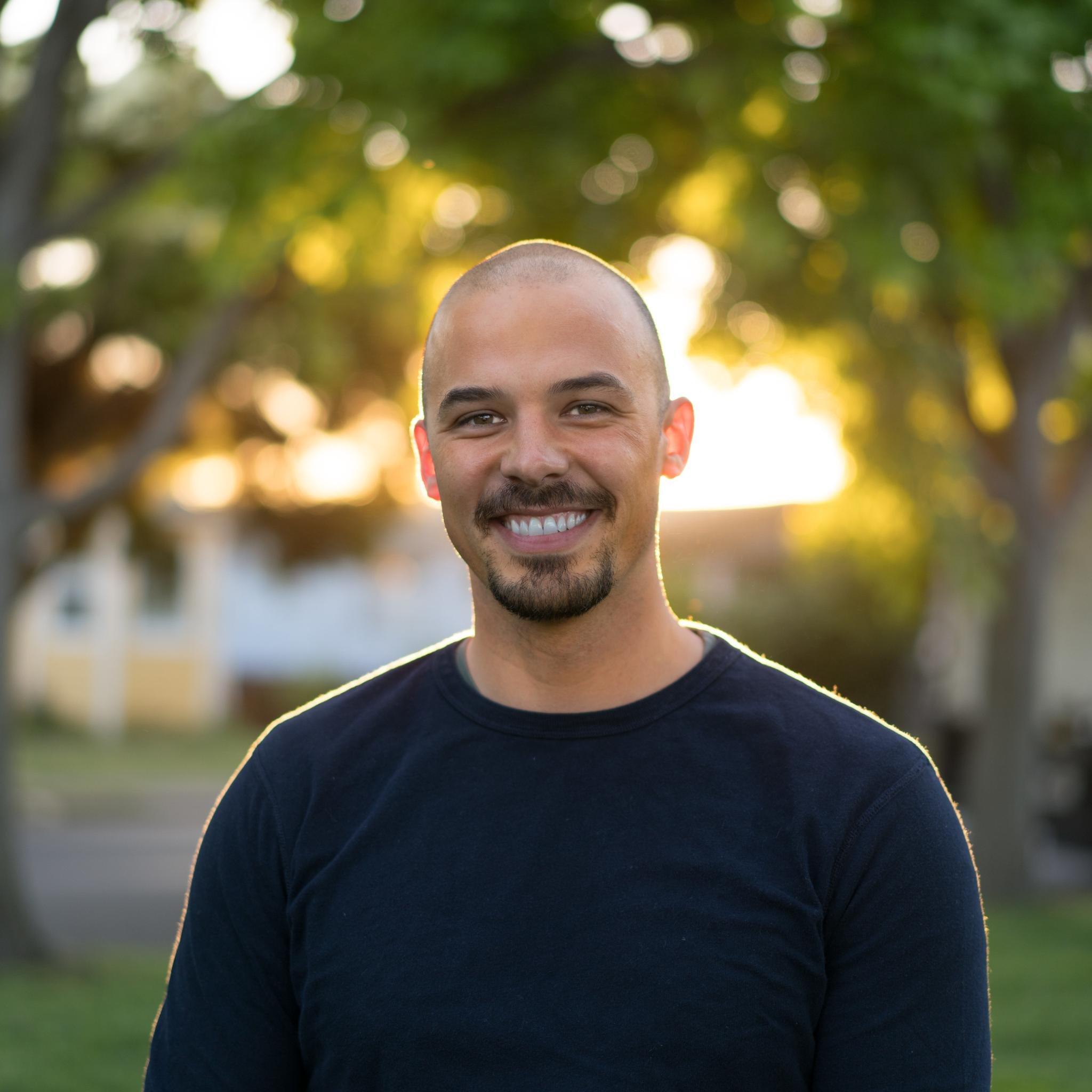
Andrew Hein
@aHeinLab
Followers
791
Following
123
Media
1
Statuses
173
Ecologist, ethologist, and theoretical biologist. Interested in ecological dynamics, collective behavior, and organismal decision-making (among other things).
Joined January 2019
Thrilled to announce my lab will be moving to the Computational Biology Department @Cornell, 2023! We’ll be hiring technician, multiple postdocs and grad students to work at the interface of computational ecology and behavior. Ads to come but please DM me or email if interested.
23
50
258
Are you interested in bioacoustics, AI, and conservation of marine mammals? Come work with us at the marine mammal section of Aarhus University in Roskilde, Denmark! https://t.co/PZzy0rxxWv
au.dk
Ledig stilling ved Institut for Ecoscience - Havpattedyrforskning, Aarhus Universitet
0
18
17
⭐️Double job advert alert!⭐️ We are seeking a #PhD student and a #Postdoc to work on communication and collective behavior in animal groups, using our exciting new #biologging datasets! Join us @MPI_animalbehav @UniKonstanz More info 👇 and at https://t.co/Y24cpkMjus
3
140
212
It’s alive!!!! 🎉 Check out @oceanvisionai, an ecosystem of services to accelerate observations of #ocean life. Let us know what you think.
At Ocean Vision AI, our mission is to bring experts through to enthusiasts together to accelerate ocean observation and discovery. We invite you to join our global community as we transform pixels into groundbreaking insights. Learn more 🧵👇
0
5
13
“Mr. McCarthy moved to *El Paso, N.M.*”🧐 I point this out only because Cormac himself would find it amusing. One of the funniest, most curious, warmest, and brightest people I’ve ever had the pleasure to know. I’ll miss him dearly:
1
2
23
Lab website ( https://t.co/ViowUjJuXz) just got a much needed re-design courtesy of Lee and his team at Sunday Roast ( https://t.co/0l1WkAvcFR). It was a pleasure working with them.
2
1
7
Mindbendingly cool experience @GorongosaPark with @rob_pringle making it all possible. Pumped to have another amazing fieldsite.
0
5
17
Happy to share my first publication, out in nature today: https://t.co/K8RWOjQDAY
@Jp_odwyer and I investigated the effects of life history differences on coexistence and found certain combinations of life history traits led to more stable communities.
1
11
22
Latest out in @NatureComms "Estimating the impact of COVID-19 vaccine inequities: a modeling study". Great collaboration with @gozzi_nicolo @mattk7 @nataliexdean @ilongini @betzhallo @alexvespi. A short thread below summarising the results.
nature.com
Nature Communications - Global COVID-19 vaccine distribution has been inequitable. In this mathematical modelling study, the authors estimate the proportion of deaths that could have been averted...
3
21
41
Plz RT: This year @deepmath1 conference will take place at John Hopkins University (Baltimore, MD,USA). Make sure to submit your best theoretical work focusing on deep neural networks 📷. The call for submissions is open till June 15th : https://t.co/QYjokunigO
0
5
2
Great 🧵 by @MatthewZipple on our recent review in as part of @animalsocaging ‘s special issue in NBR. We lay out why it’s worthwhile to study mice outside in more natural habitats
Our recent review describing the power of re-wilded model organisms to address outstanding issues in the field of social determinants of health and aging. Free link: https://t.co/K63Kox3gz5 Written with @VogtCaleb and @IDsignals. A brief thread...
0
6
12
This diverse, talented group of undergrad authors persevered through many challenges to produce a fabulous paper on increasing inclusive access to machine learning tools for studying the ocean.
0
0
0
Thrilled to see work of students and mentors in the AI for the Ocean program and collaborators Eric Orenstein, @KakaniKatija, @AshkaanF published in @FrontMarineSci!
1
3
11
hi #coral people - we're in the fiel trying to dye coral cells to look at cell migration and are having a hard time getting any of the dyes to stick. Has anyone had any luck using cell dyes or have any suggestions for techniques?
0
5
4
This spring, we welcomed 5 new faculty! From developing cost-effective & sustainable weed management strategies to studying how human disease is shaped by genetic & environmental factors, they're off & running pursuing purpose-driven science. More in 🧵 https://t.co/rQQjzuekh2
1
5
22
Check it out! New paper by @SantiAndForero in @HormBehav demonstrating that DREADD manipulation in #NucleusAccumbens of female #PrairieVoles modulates social saliency of established partners & partner bonds are weakened after becoming mothers! https://t.co/nDbnUz7P1w
0
7
27
looks like a fabulous program!
Excited to organize this school. Collective behavior is everywhere from ants foraging to human behavior. It is not just about basic science but have life implications from understanding how consensus work, how misinformation is transmitted,.. apply here: https://t.co/JBRiWDWx9D
0
0
2
Misinformation - fish are susceptible to it too, says prof. @aHeinLab in a @PNASNews pub. While more study is needed, the paper suggests that the need to cope with misinformation may have driven the evolution of how brains process information. #NSFfunded
https://t.co/nX8nnCfGBO
0
3
5
We found that a form of feed-forward inhibition postulated to exist in these circuits allows individuals to avoid being overly responsive to visual cues produced by other fish. Absent this feature, visually-evoked false alarms (a simple form of misinformation) would be rampant.
0
0
0
In the latest work ( https://t.co/eY3N8qadCn), we used decision-making models inspired by circuit neuroscience work on zebrafish by Joe Fetcho, @Engertlab, @herwig_baier, and others.
pnas.org
Understanding the mechanisms by which information and misinformation spread through groups of individual actors is essential to the prediction of p...
1
0
0




